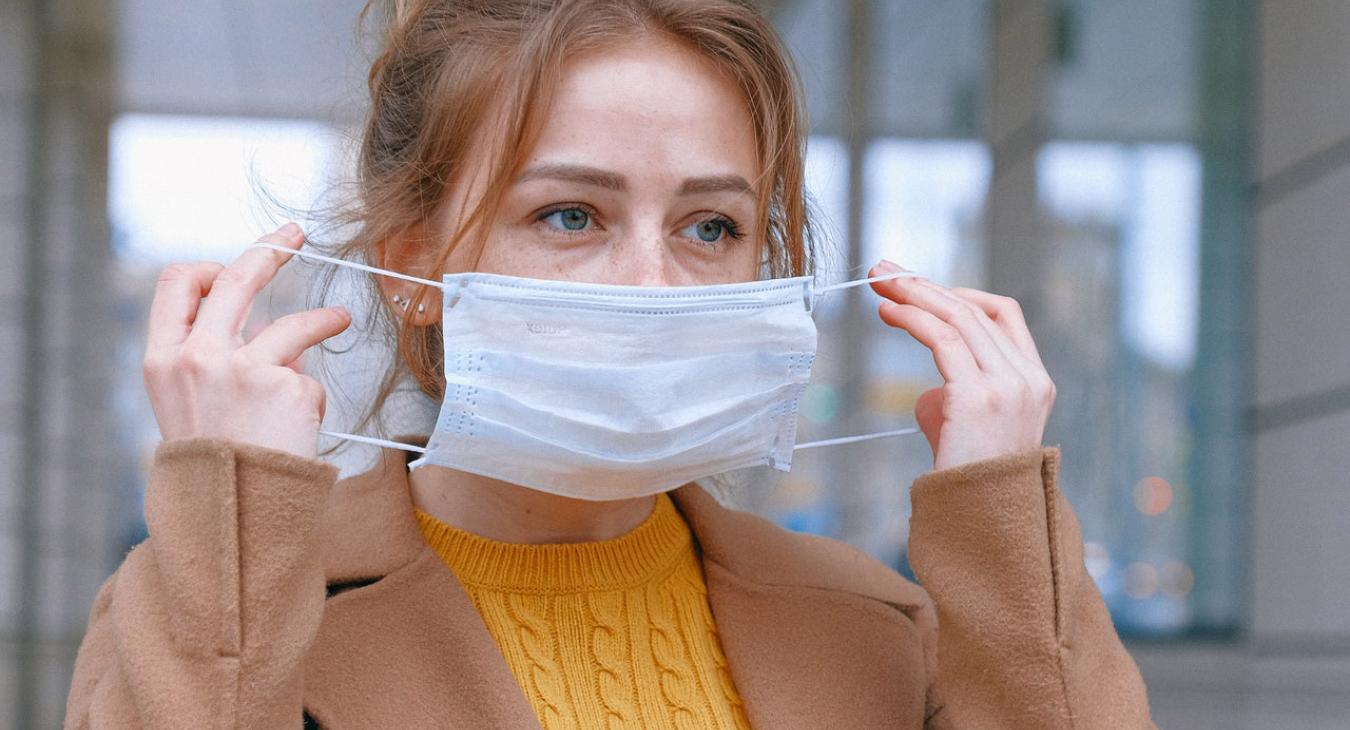The Oireachtas Covid-19 special committee, which issued its final report last week, has called for Covid-19 to be a reportable disease under health and safety regulations and for more inspectors for the HSA.
The Committee was established by an order of the Dail in early May to consider and take evidence on the State's response to the Covid-19 pandemic. The committee held 67 public sessions over 30 days of hearings. The committee considered the impact of Covid-19 on healthcare, travel and transport, education, and in congregated settings, including meat plants. The committee reported in some detail on Covid-19 in meat plants and construction and also in healthcare.
From the occupational health and safety perspective the two most significant findings of the committee are that:
- Covid-19 should be a reportable disease
- That the HSA needs more staff, in particular inspectors.
Putting forward the argument for increasing the number of HSA inspectors, the committee said consideration should be given to expanding the Authority's role. The purpose of increasing the number of inspectors is to ensure enforcement and compliance with the Return to Work Safely Protocol. The committee recommended that the Authority should consider re-employing retired inspectors on a temporary basis with inspections related to compliance with the Protocol. The Authority should also consider using the expertise of trade unions by assigning individuals with health and safety expertise to carry out compliance inspections. This proposal will prove controversial.
The committee also calls for additional penalties, with consideration given to enabling the Authority to impose larger fines as a deterrent. Give that the HSA only has powers to impose fines in a very limited range of circumstances, it would be interesting to know the basis for the committee's proposal.
The committee addressed what has proved to be a difficult issue for the HSA: the distinction drawn between public health guidelines and issues relating to health and safety in the workplace. There was, what the committee describes as a lack of clarity with regard to roles and responsibilities in the initial stages. The issue was, the committee notes, addressed in the Protocol. The issue should, the committee says, be considered further with a view to clarifying roles and responsibilities.
During the committee hearings the HSA was subjected to intense and uncomfortable scrutiny on two issues: inspections in meat plants and the proposal that Covid-19 should be a reportable disease under health and safety legislation. Witnesses at the committee were critical that no inspections were carried out in meat plants between March and May despite complaints from trade unions. The committee note the HSA attributed this to the fact that Covid-19 was considered a public health issue, while it dealt with health and safety issues. In fact inspections commenced in mid-May when the Protocol was published. The Authority was then criticised because prior notice of inspection was given in 30 of 39 inspections. The Authority explained that the notifications were because the inspections were public health led.
The committee also addressed the issue of HSA resources when considering the impact of Covid-19 on the construction industry. The committee, reflecting evidence from ICTU, expressed concern that the number of inspectors was insufficient to carry out all inspections that will be required to ensure compliance with the Protocol.
In the section of the report on the construction industry the committee reports that under the SHWW Act 2005 the HSA has the power to enforce the Protocol. Strictly speaking that is not correct. The Authority only has powers to enforce breaches of health and safety legislation. To enforce a breach of the protocol the breach would have to fall within the scope of section 8 of the SHWW Act 2005 or another provision of health and safety legislation.
The report proposes routine testing for Covid-19 in meat plants, with results returned to workers within 24 hours. The report raises the issue of testing and tracing for healthcare staff.
The report notes that meat processing plants emerged as a 'significant hotspot" for Covid-19 infections and "unrivalled vectors" for the transmission of the disease. The committee comments that while the processing of meat is highly regulated the same level of protection is not extended to workers. The committee said it is necessary to review the role of the HSA to ensure that the majority of inspections in meat plants are unannounced. The report states the problems of "hot bedding" and shared travel in "packed" cars, contributed to outbreaks of Covid-19 in workplaces.
The committee, which has concluded is work, has passed on its report to other Oireachtas committees, such as the health committee, to follow up on the concerns it has expressed and its proposals.

